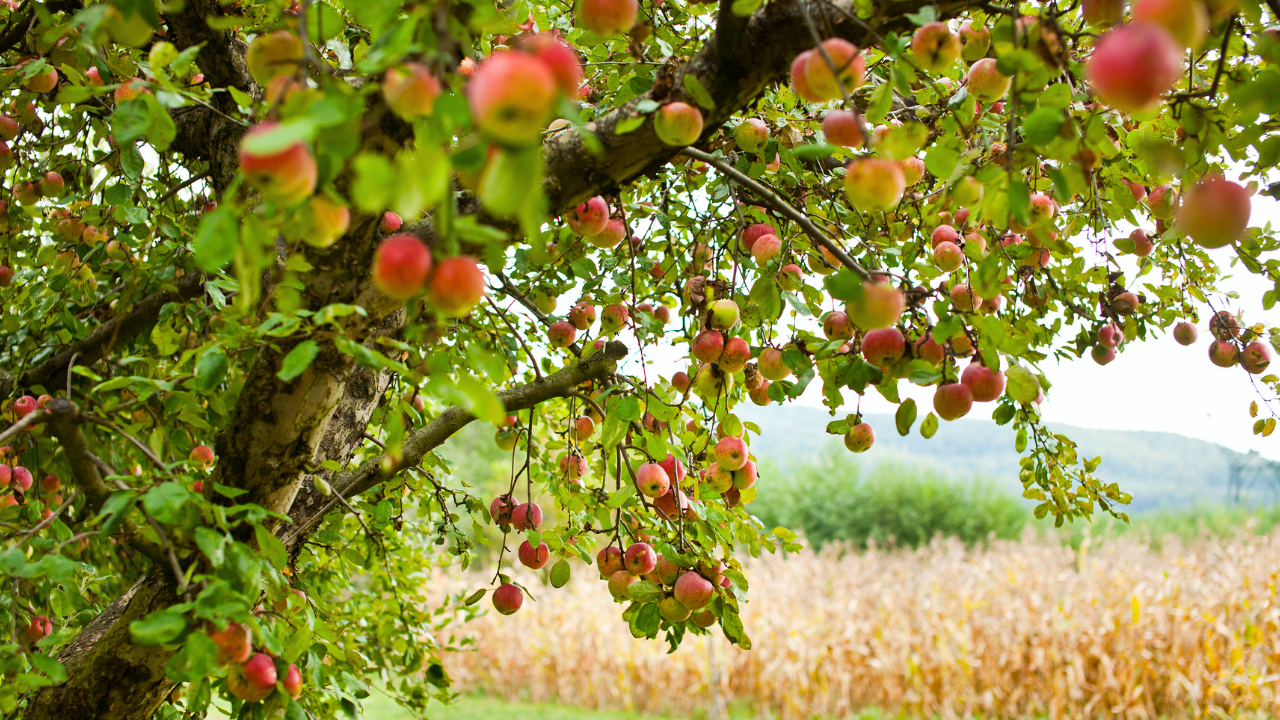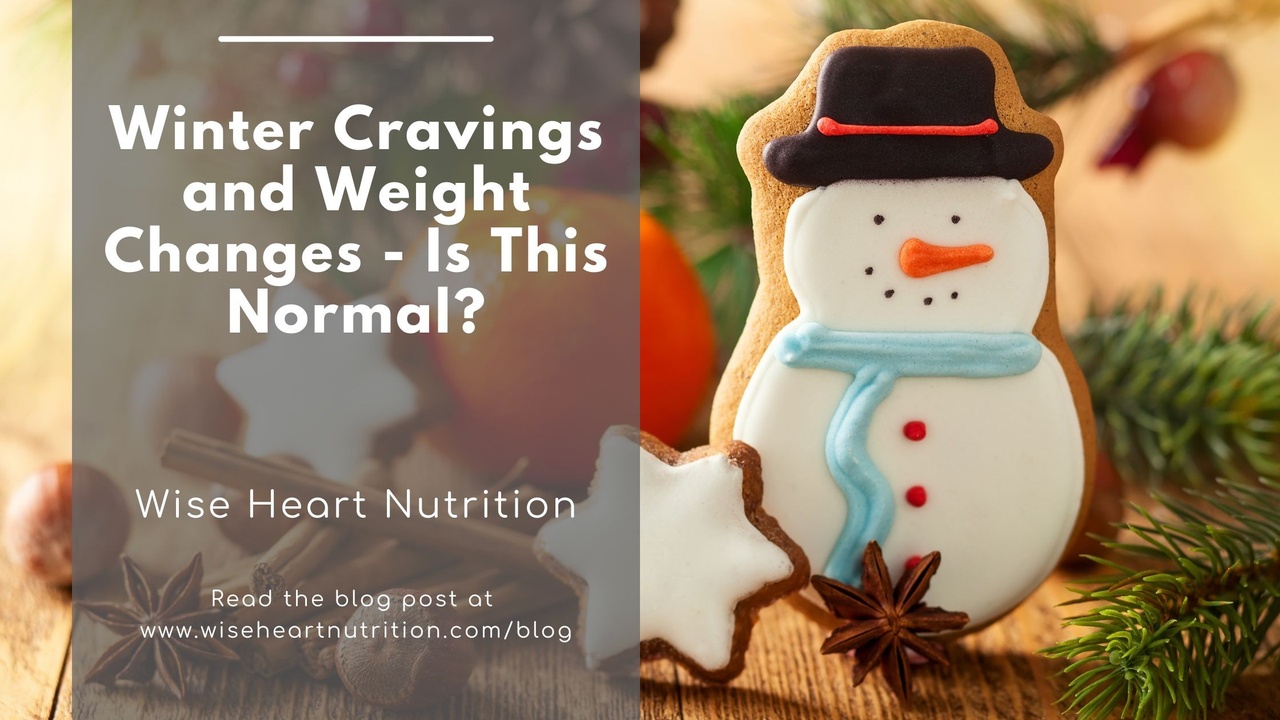Wise Heart Nutrition Blog:
All Things Anti-Diet, Intuitive Eating, and ADHD
8 Ways ADHDers Mask with Food 🎭

It’s not Halloween, there’s no masquerade ball invite, and we didn’t catch a cold—so why are ADHDers masking? 🎭
*Ba dum tss!*
All jokes aside, masking—sometimes called “social camouflaging”—is when neurodivergent individuals hide or suppress their natural behaviors, traits, or tendencies to fit societal norms and expectations.
Across the neurodivergent community, some common examples of masking include:
- Suppressing stimming, like avoiding repetitive movements or motions.
- Mirroring social behaviors, such as copying facial expressions, gestures, or tone of voice.
- Forcing eye contact, even when it feels deeply uncomfortable.
- Hiding sensory discomfort (like noise, lighting, or certain textures).
- Rehearsing scripts for conversations to navigate social situations more easily.
But masking doesn’t just happen in social interactions.
What does masking look like when it comes to food and eating? How do social stigmas—and societal expectations—show up at the tabl...
The Truth About ADHD and Sugar: Are We Addicted?

The results are in…
*SUGAR IS NOT ADDICTIVE*
Good news, fellow ADHDers! We are NOT addicted to sugar because sugar is NOT an addictive substance. Thanks for tuning in—see you next time!
...
But seriously, sugar addiction is a hot topic (and we have a lot to say about it). Whether you’ve felt an uncontrollable pull toward sweets (maybe due to diet culture, undernourishment, using sugar as a coping tool, the list goes on) or heard friends, family, or partners share their own “sugar struggles,” I’m here to offer a fresh perspective on this tasty debate.
Let’s start with the basics… What the heck is sugar?
SUGAR / STARCHES / CARBOHYDRATES = GLUCOSE
In our bodies, all sugars—from fruits, grains, roots, legumes, veggies, sweets, and drinks—are eventually broken down into their simplest form: glucose. Glucose is a neat little ring-shaped molecule that gets absorbed from our bloodstream by our cells to create energy. In fact, about 45-65% of our energy comes from glucose alone. Wowee! T...
Digestion and Mental Health: The Science and Nourishment of the Gut-Brain Connection

Over the past 10 years there has been a volcano 🌋 of research on the connection between the digestive system (or “gut”) and our brain. While there is still so much more research and exploration that needs to be done, there are some interesting tidbits that have come to the surface regarding the Gut-Brain-Axis.
You may have heard about the gut/brain connection in the latest probiotic commercials, from social media ads, or on your containers of yogurt from the store. “Gut Health” has become a buzzword, “healing your gut” is now trendy (and no surprise, a biiiiiiig money maker in the wellness industry), and of course, is now common discourse in diet culture. And it can be dizzying, with all of the available information from a zillion different sources, to tease out the real information and throw away the flim-flam.
So, we’re gonna offer some help. Let’s get into the nitty-gritty, the microscopic, the inner-universe inside of us (Magic School Bus anyone!?), and gather some wisdom around...
How Do I Know if I’m Actually HUNGRY🍕, or Just Seeking DOPAMINE🧠?

✨This is the new-age old question.✨
Here are some of the questions we frequently get asked by clients and members of our Eating with ADHD® Neurished community:
“Shouldn’t I just KNOW when I’m hungry?”
“Why can’t I tell the difference between hunger and seeking dopamine?”
“Isn’t it ‘bad’ to use food for a dopamine hit, if I am not hungry?”
Does some of this brain chatter sound familiar to you? Want some answers? Read on!!
Bringing awareness to, interpreting, and responding to our internal cues (which include both hunger and a need for dopamine) takes time and practice to learn and feel comfortable with, especially for those of us living with ADHD.
ADHD Brains are Different
As neurodivergent humans, we tend to have…
-
🧠 Lower Interoceptive Awareness
- Difficulty recognizing and understanding the sensations going on inside of us that communicate what our bodies need in any given moment - this includes hunger, thirst, needing dopamine or stimulation,...
A Lifetime Relationship with Food and Eating: A Holiday Reflection

Rounding the corner, momentum strong, pumpkin spice thick in the air. You guessed it, the holiday season is nipping at our heels again!
Along with a good dose of joy, merry, and warmth, this time of year can also conjure up some bigger (and sometimes downright uncomfy) feelings, emotions, and reflections within our mind and body around sticky food rules, harsh and critical self-talk, and shame shame shame for every little move we make (or don’t make).
Personally, I’ve been feeling the pull to reflect on my food and body journey of holiday time past, my navigation of newer territory around the holidays this year, and some bigger picture food and body relationship realizations for future holidays (and future life in general)!
Oh yeah, who am I you may be asking? Let me introduce myself!

Hi there! I’m Marcy :) I’m a current Masters of Science in Nutrition student at Bastyr in San Diego, an ADHD human with a decade of (too much) familiarity with diet culture, a passionat...
5 Steps to Help You Get Started on Your Intuitive Eating Journey

So you’re here because intuitive eating sounds intriguing, but you just have no idea where to start. It’s ok - we’ve been there too! We’ve rounded up 5 actionable steps to start intuitive eating. Try 1-2 a week and call it your jump start month, or take allll the time you need. If you think about it, reading this article is already kinda the first step - so you’re killing it already!
Recognize that diet culture is harmful and weight loss is not equivalent to health
You may still be on the fence about this whole ~intuitive eating~ thing - that’s okay! The best way to get clear about what you want is to learn the facts. Unfortunately, folks are told over and over by medical professionals (including dietitians) that losing weight is necessary, when there actually isn't robust or causal research behind those recommendations. What we do know is that 95% of people who lose weight intentionally, end up gaining all or more back within 2-5 years. People end up fixating on weight and tr...
What are the Benefits of Intuitive Eating? Are there Drawbacks?

Intuitive eating has been a buzzword for quite some time now, and it's likely that you've come across various opinions and perspectives on the topic. With countless articles, blog posts, social media discussions, and even dubious spin-offs claiming the name of intuitive eating, it can be challenging to navigate the sea of information and determine the truth about its benefits and drawbacks. In this post, we'll break down the advantages and disadvantages of intuitive eating, highlighting that these factors vary depending on the individual. So, whether you're new to the concept or a seasoned pro, keep reading to learn more about this popular approach to eating.
Let's start with the good stuff and dive into the benefits of intuitive eating!
The Benefits
- A more balanced relationship with food
- Research has shown that practicing intuitive eating can lead to a more balanced relationship with food, decreased stress and anxiety around eating, and an overall more balanced plate a...
What Is Normal Eating? Take the Quiz!

You may have made your way to this page because you feel confused about what “normal” eating even means. You have probably endured years, or decades, of messages like “you should eat this, not that”, “that is a bad food”, and “you can have as much of this guilt-free (read: diet) food as you want”. If you have been trying desperately to lose weight by following various diets, sticking to food rules, or eating according to any kind of external plan, your hunger and fullness cues might be totally out of whack. And on top of all of this, trying to wade through the ocean of nutrition and “health” information available on the internet and social media is completely overwhelming to sort through. Whew! No wonder you’re feeling confused!
Well, you landed in the right place! We have created a normal eating quiz (guide, checklist, assessment - or whatever you want to call it) to provide you with a jumping off point for bringing more aspects of normal eating into your relationship with food...
Why Does Eating For Pleasure Matter So Much?

Whether you're a newcomer to intuitive eating or a seasoned vet, pleasure in food can sometimes still feel like a dirty word. Allowing and enjoying pleasure in your eating experience goes against everything diet culture stands for, like self-control, denial of pleasure, and avoidance of "bad" foods.
The intuitive eating principles describe pleasure in food as one of the most basic and important factors in feeling satisfied or content with food. So eating for pleasure is important, and in this blog, we'll answer 4 questions about food/eating and PLEASURE.
What are some of the psychological health benefits associated with food enjoyment?
- Pleasure of any kind (including pleasure from food) leads to a release of dopamine (a neurotransmitter) in the brain. Dopamine is often referred to as the “feel good chemical” because it activates the reward pathways in the brain, which helps to promote happiness, calmness, motivation, and focus.
- Thanks to diet culture, a big part of dis...
Is it Normal for My Weight and Cravings to Change in Winter?

Daylight Saving Time has just ended (ugh), and the days are getting much shorter, much darker, and much colder. In the words of some famous show - winter is coming.
Have you ever noticed changes in your food cravings or shifts in your body weight with the seasons? Like, how a bowl of hot tomato soup and grilled cheese sounds way more appealing than watermelon and salad in the winter. Or how clothing might fit differently from summer to winter? Let’s explore why and how cravings and weight can fluctuate in the winter - and the big question, is that normal?
The general answer to that question is - yes, this is normal! We crave different foods, and our bodies may go through subtle (and even not so subtle) changes during the winter months. There are a few reasons for all of this, including (but not limited to) traditional seasonality, thermic response, and psychological shifts during this time of year.
Below, we break down these 3 explanations of how and why winter can im...
